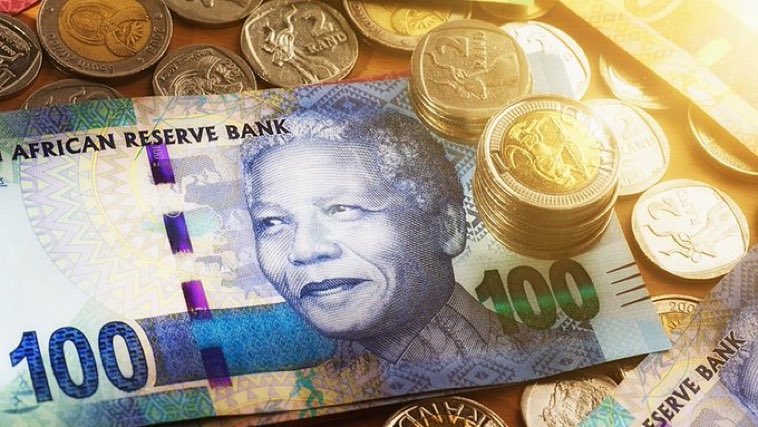News
Stuck in Time: Why South Africa’s Middle Class Feels Left Behind

For South Africa’s middle class, life hasn’t felt the same since 2010. While the country celebrated hosting the World Cup, many families quietly hit a financial turning point. Fast forward 15 years, and wages have stagnated, living costs have soared, and career prospects feel frozen.
It’s a tough reality, but one that rarely makes headlines because, in comparison, other South Africans face much deeper hardships. Still, middle-class households, paying for electricity, water, transport, and food, are struggling under the weight of “lived inflation,” a phenomenon economists say is more reflective of daily life than official consumer price statistics.
Inflation You Can’t Escape
Stanlib chief economist Kevin Lings explains that while Stats SA reports inflation using broad averages, these often include things we buy infrequently. Appliances might be cheaper, but essentials like electricity, fuel, and groceries are rising faster than official figures. These are the costs that hit middle-class families hardest, and there’s no avoiding them.
Lings adds that the problem isn’t just about rising prices, it’s about opportunity. In growing economies abroad, employees can climb the corporate ladder and see salary jumps of 20-30% as they move to better jobs. In South Africa, opportunities are scarce. “We’re not investing, we’re not growing, we’re not employing, we’re not expanding,” Lings notes.
Paying More for Less
Middle-class South Africans are often forced to spend money just to maintain a basic standard of living. Solar panels, boreholes, and private security have become necessities, not luxuries. Property investments rarely pay off in the short term, leaving families feeling trapped in a cycle of over-spending without real returns.
And it’s not just adults feeling the pinch. Youth entering the job market face a harsh reality: fewer opportunities, high competition, and a formal economy that seems almost closed off. Comparatively, countries like Spain and even the US are struggling with youth unemployment, showing that South Africa’s challenges are part of a broader global trendbut they hit home with particular intensity here.
Why Grumbling Matters
It might feel like there’s little that can be done, but acknowledging the struggle is a start. South Africa’s middle class is allowed, no, encouraged, to grumble. They are managing rising costs, stagnant pay, and uncertain futures while keeping society running. The grumbling is not entitlement; it’s recognition of real pressures and a call for solutions.
So yes, life is tough, prices are climbing, and the ladder to opportunity feels rickety. But by understanding the context and voicing frustration, the middle class asserts that their struggles, though quieter, are realand they matter.
{Source: Daily Maverick}
Follow Joburg ETC on Facebook, Twitter , TikTok and Instagram
For more News in Johannesburg, visit joburgetc.com


























